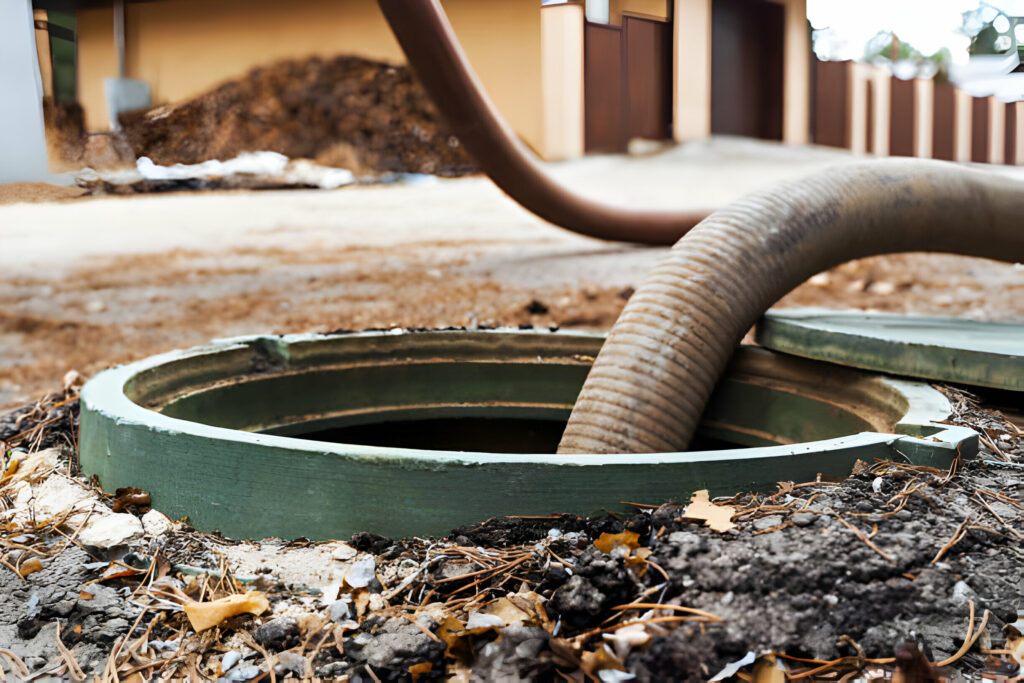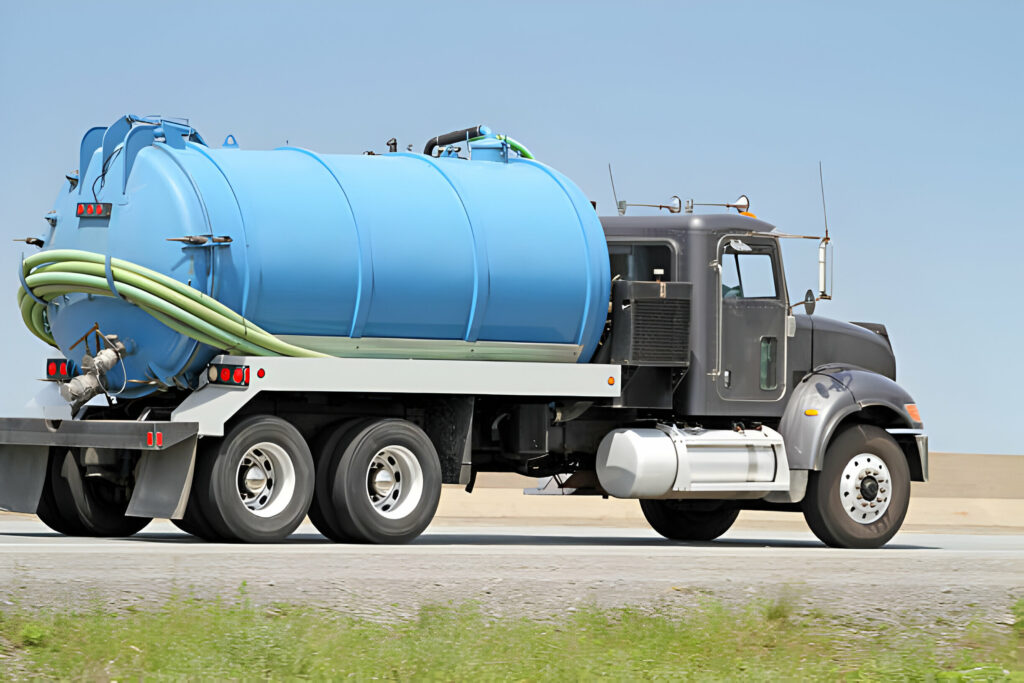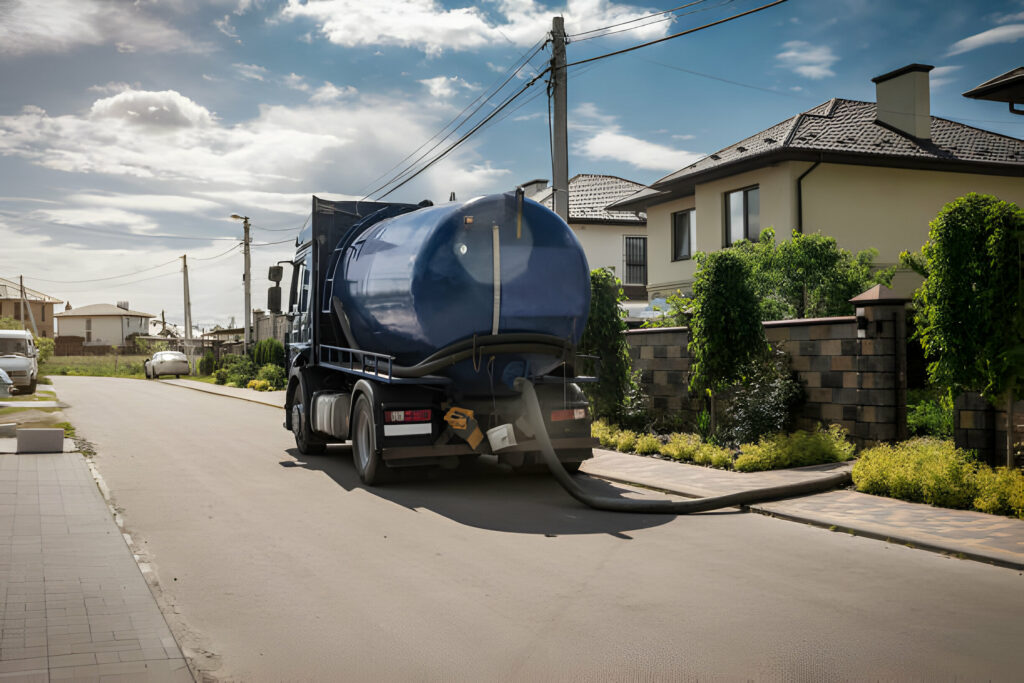
If you rely on an underground septic system to treat household wastewater, one maintenance task you can’t overlook is periodic septic tank pumping. When functioning properly, septic systems provide economical, environmentally-friendly processing of sink, shower and toilet water onsite. But neglecting to pump out accumulated sludge and scum as needed almost always results in expensive emergency repairs down the road.
By staying on top of regular septic maintenance based on factors like tank size, household occupancy and water use patterns, you can extend your system’s lifespan significantly. Read on for professional guidance regarding recommended pumping frequencies to preserve your wastewater investment.
How Often Should Septic Tanks Be Pumped?
There is no universal septic tank pumping schedule that fits every system. The U.S. EPA and industry standards suggest a general timeline of inspecting systems at least every three years. They also advise householders to establish a customized pumping routine based specifically on their tank’s size, daily wastewater volumes and number of occupants.
General professional recommendations suggest:
- 1000+ gallon tanks → Every 3-5 years
- 750-1000 gallon tanks → Every 2-3 years
- Smaller tanks → Annually
Of course, exceptions abound, especially if usage patterns change over time after initial installation. Periodically evaluating your system’s individual needs is prudent. Consider adjusting your pumping timeline upwards if:
- Your household size increases, especially with added teenagers or young children
- You begin using significantly more water each day
- You install new water-using appliances like hot tubs or garbage disposals
- Guests frequently occupy guest or vacation properties
- Previous neglect has allowed considerable solids accumulation
Why Must Septic Tanks Be Pumped At All?

Septic tank pumping is vital preventative maintenance because sewage solids will not completely break down or drain as clarified effluent into the leach field as intended if allowed to accumulate year after year. This weakens system performance and poses several risks:
Excess solids settling out in the tank lead to:
- Reduction of the tank’s overall wastewater holding capacity
- Possible solids carryover that can clog pipes and drain tile pores
- Hindrance of clarification zone settling performance
- Impaired biological digestion of new waste entering the tank
- Potential leakage into the drain field or groundwater
Excess oils and greases cause:
- Blockages forming in outlet baffles, filters and pumps
- Prevention of anaerobic bacterial activity
- Reduction in liquification of heavier solids
- Impairment of proper effluent drainage
Neglected sludge buildup also increases chances of:
- Unpleasant sewage odors around tanks and leach systems
- Groundwater contamination when restrained waste escapes tanks
- Expensive emergency pipe rodding, leach field repairs or full system replacement
How Are Septic Tanks Pumped?

During routine septic tank pumping, contractors utilize specialized equipment to locate access lids then vacuum out accumulated sludge from the bottom and thick floating scums from the top. Taking care preserve existing microbial colonies needed for ongoing digestion, at least 20-30% of effluent is left untouched as seed material to restart biological processing.
Using pressurized hoses and tank agitation methods, licensed septic professionals carefully measure then evacuate defined gallons of aged scum and sludge into enclosed tank trucks for appropriate transportation and disposal in accordance with local regulations. Some jurisdictions require additional testing if excessive contamination is encountered. Any damaged baffles or cracked inlet/outlet pipes will also be noted.
Before leaving, technicians follow best practices of chlorinating residual interior coatings to prevent noxious gas emissions and infuse fresh oxygen that helps aerobic bacteria re-colonize intake zones. Site restoration completes the standard process, leaving systems clean and restored to prime functionality.
When Should Specialty Septic Pumping Be Considered?

In some situations, more intensive pumping specially targeting the entire contents of all chambers, including clarified effluent, becomes prudent, generally:
- When repairing or replacing cracked tanks
- After filter changes or pipe modifications
- Preceding full-scale leach field repairs
- Before property ownership changes or evaluations
- Following periods of missed maintenance or neglect
Total septic evacuation provides the opportunity to fully clean interior tank surfaces, check integrity of partition baffles, inspect pipes in place and assure no submerged debris enters new drain field components—greatly improving operational efficiency.
However, completely emptying out organically rich wastewater does remove portions of productive microbiology. Regeneration of bacterial colonies and redox conditions can take weeks after tanks are refilled. To accelerate ecosystem recovery, inoculate restored systems using commercially available microbial seed cultures. Periodic dosing for several weeks with additives containing naturally occurring bacteria, enzymes and oxygen-releasing compounds ensures revival of your system’s biological digestion and clarification capacity.
Take Control With Routine Septic Tank Pumping
Staying consistently attentive to periodic pumping based on your system’s size, age and usage factors provides assurance that aerobic wastewater decomposition and solids separation essential for optimal performance continues unimpeded. A little proactive planning goes a long ways towards supporting effective treatment processes, maximizing infrastructure lifespan and avoiding premature failures requiring expensive repairs.
As regional specialists assisting homeowners with economical, ethical onsite sewage solutions since 2003, Wetlands Pacific knows firsthand that consistent septic system upkeep protects property investments and prevents negative environmental impacts. We live on and design systems for our own families too. Our team of professionals is always available to book pump outs, troubleshoot issues or help homeowners better understand how to care for one of their property’s most valuable assets—an efficiently running septic system. Just call anytime!